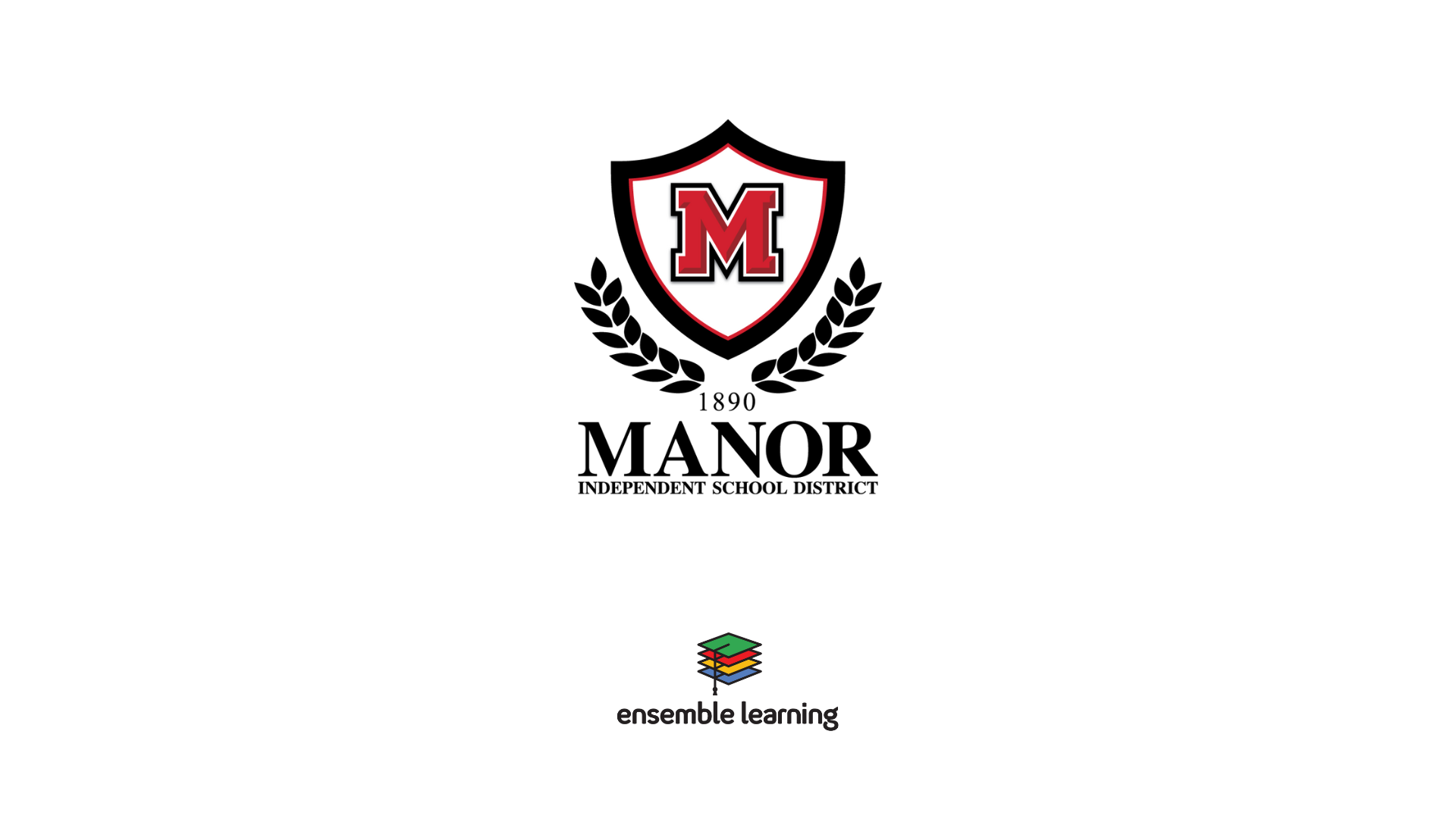Are you ready to embrace the gift of principal coaching programs?
John Wooden, legendary head basketball coach for the University of California, Los Angeles (UCLA), once said, “A good coach can change a game. A great coach can change a life.”
Champion athletes frequently attribute their success to great coaches. Yet, in the world of education, coaching is often underutilized as a strategy to increase the capacity of campus leaders.
In his article, If Coaching Is So Powerful, Why Aren’t Principals Being Coached? Peter M. DeWitt poses a thought provoking question that truly resonated with me. “If principals believe that teachers can benefit from high quality coaching, doesn’t that mean that principals can as well?”
The goal of principal coaching programs
As a newly hired full-time principal coach, I am excited to engage in the most favorite responsibility of my previous role as a principal supervisor…coaching.
Traditionally, principal supervisors are assigned an unreasonable caseload of campuses to oversee while principals are entrusted to make it happen with little to no support. A request for assistance is sometimes viewed as a sign of weakness, further forcing principals down an isolated path of loneliness. Fear of incompetence or failure compromises trust between principals and their supervisors as they mask opportunities for growth during brief visits and conferences.
Very few supervisors have time to adequately observe principals as they conquer day-to-day tasks, let alone provide relevant feedback based on their efforts to improve teaching and learning.
When principals are fortunate enough to receive support from an effective coach, they should relinquish their fears and welcome the gift of a person assigned to support and develop them.
Throughout six years of service as a supervisor, I protected my time to visit principals. I consistently asked them to share their perception of support, and they most wanted someone they could trust. When a principal is gifted with a coach, how can they maximize the time and talent of a person assigned to support their growth? As I reflect on my experiences, I anchor my support as a coach in what I craved as a principal, and I work to avoid the things that I disliked or broke down trust.
I appreciated receiving professional development alongside my peers who were faced with common challenges. I also valued affirmation for the effort I made to support teaching and learning on my campus. Both as a principal and supervisor, I felt unannounced visits undermined the coaching relationship. I loathed them, not because I had something to hide, but because they felt like “gotchas.”
I also found myself dreading visits from the one person assigned to support my growth, unless that person truly worked to build trust and understand the context in which I was working.

Fostering trust in a coaching relationship
Fostering trust is essential to the coaching process, therefore, I consistently encourage principals to prepare for sessions.
I want them to maximize our time together by asking questions, analyzing data, and providing information needed to increase my knowledge of their campus. I also want to avoid interrupting their work. Principals benefit from coaching sessions when they protect the scheduled time and prepare accordingly to seek clarification of expectations, present dilemmas that cause them to lose sleep, and share ideas they believe will improve educational experiences for students.
The more prepared coaches and principals are for sessions, the more both will benefit.
When principals have the ability to reflect on their practice and self-identify areas of growth, they should seek feedback to increase their effectiveness. For example, if a principal has concerns with their professional learning communities (PLCs), a coach can observe the meetings, collect qualitative data, and provide specific feedback to help the principal determine what to address.
Principals seeking meaningful feedback should welcome their coach’s presence and allow them to observe authentic interactions with members of the school community.
In their guide, Becoming a Leader-Coach (2014), authors Johan Naude and Florence Plessier present valuable tips for coaches to balance supervision and coaching conversations. Good coaches are skilled with connecting with principals, and as they provide feedback, principals should identify behaviors that will improve their capacity to lead. When principals want to convey a receptiveness to coaching, Forbes magazine provides tips in the article, How Coachable Are You? 5 Quick Ways To Improve.
As coaches inquire about the work and focus on the principal’s role in supporting teaching and learning, it is most helpful for them to facilitate conversations that prompt principals to reflect on their professional practices and their capacity to test effective strategies.
Yes, there are a million things to do within a given school day, however, taking time out to be open to the gift of coaching will not only benefit principals, but the entire school community.
It takes both coaches and principals to maximize the gift of coaching. Here is an at-a-glance chart to review tips for embracing the coaching process by role. Coaches, please set principals up for success by conducting sessions that allow you to positively influence their leadership practices, and principals, rid yourself of the age-old belief that leadership is a lonely journey by taking time to invest in yourself.
Photo by Nik MacMillan on Unsplash
Kettisha M. Jones is the lead principal coach with Ensemble Learning. You can continue the conversation about coaching with her at kjones@ensemblelearning.org. To learn more about how your organization’s principals can receive support from the Ensemble Learning coaching team, reach out to Elise Darwish, Ensemble CEO, at edarwish@ensemblelearning.org.




